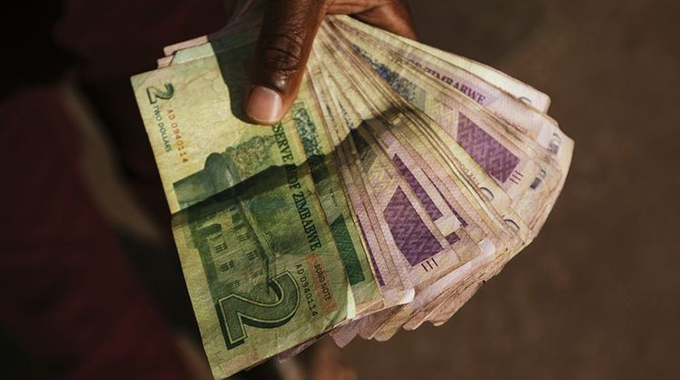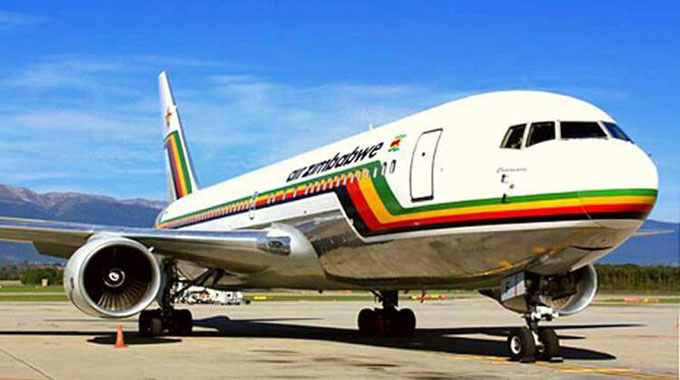Editorial Comment: Power of organised currency dealers must be broken

Zimbabwe’s informal sector appears to be a lot better organised than anyone suspected, with what cannot be more than a few dozen black-market currency dealers at the apex of that illegal business being able to effectively demonetise smaller denomination coins across the whole swathe of the informal economy.
This concentration of influence and power at the top of the informal sector needs to be followed up by the authorities.
Chasing away pavement vendors and arresting a few pavement currency dealers will never integrate the informal sector into the national economy.
But hunting down what has now been revealed as an apex group could do wonders, both for the creation of a proper integrated economy and for ensuring Zimra collects all the taxes that should be paid and probably are not being paid.
When vendors, tuckshops and kombi conductors started rejecting coins under $1 a week ago, the excuse given was that these were no longer being accepted by the black market currency dealers.
Tuckshop owners said they had to buy their stock in foreign currency, which sounds as if a lot of it is smuggled, and kombi owners complain that they need to buy spares in foreign currency, again a clear example of illegal behaviour.
The informal sector tries to be cash only, for two obvious reasons.
First, the black market prefers cash, although individual dealers will take mobile money and offer higher buy rates in mobile money, and secondly cash transactions are anonymous and are difficult for Zimra to trace transactions and so charge taxes.
This lack of tax payments is one major reason why the informal sector can compete on price with the formal sector, despite having more expensive foreign currency for imports.
Yet, most involved in the informal sector will not be taxpayers, even potentially, from next month.
The tax-free threshold is being widened to $2 000 a month and few vendors or even tuckshop owners make that sort of profit in a month.
Even if they do, the next lowest tax bracket will not absorb much of their profits.
So, if they were brought into the formal economy, and if the black market in currency was pushed into the legal bureaux de change and the banks, few in the informal sector would be harmed or even notice the switch.
However, the apex wheelers and dealers would be hit, and hit hard. And it is those who cause so much damage to the economy who should be hit.
The parallel economy has moved from something that greased the wheels when everything was grossly over-regulated to something that now clogs the operation of the free legal markets a pro-business Government has set up.
Zimbabwe now has probably the highest rate of digital transactions in the world and, despite the odd hiccough by banks and mobile money platforms, this performs reliably and well.
Already, there are large numbers of people who never use cash for anything except bus fare, and the integration of the informal economy into the formal economy would eliminate even that need.
The day when bank notes and coins join postage stamps and telegram forms cannot be delayed for much longer, despite the best efforts of tax cheats and currency manipulators.
Meanwhile, those with pockets full of small coins should just take them to their bank and deposit at full value or else spend them at formal shops, who will give full value and do the banking themselves.
The small coins are still legal tender and while inflation has slashed their value they still carry their face value.











Comments